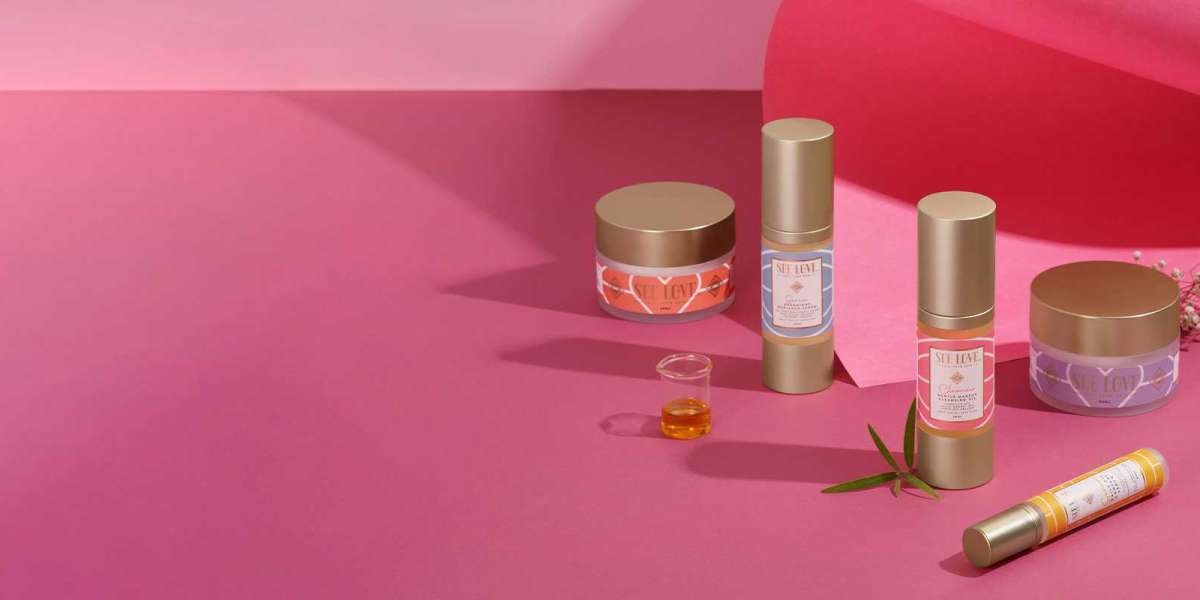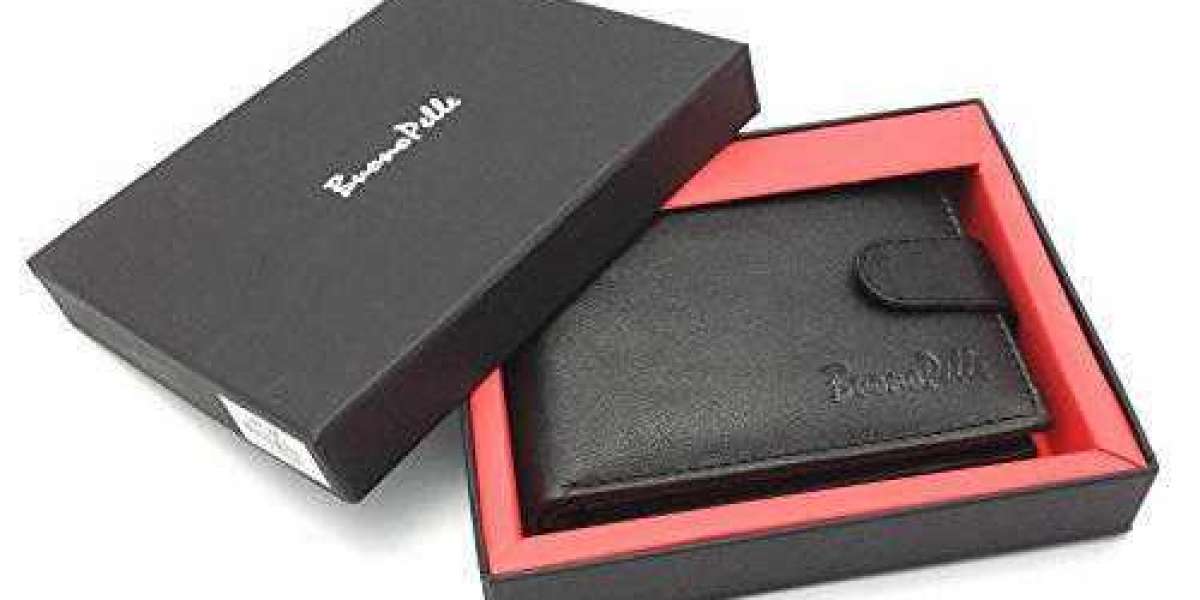But receding acne scars are manageable with professional treatments or at-home maintenance. Because of their very powerful formulations, serum for acne-prone skin is the greatest way to speed up the fading process, which might take weeks. In your serum, look for substances like as vitamin C, glycolic acid, salicylic acid, niacinamide, and kojic acid. By enhancing skin brightness and encouraging cell turnover, they also aid in preventing fresh breakouts. Watch to discover how.
Niacinamide
Niacinamide has the twin advantages of protecting healthy skin cells from UV damage and mending damaged skin cells. Hyperpigmentation is handled medically. Studies have shown that 5% niacinamide concentrations can aid in whitening dark spots. Benefits were seen after four weeks and not after two months. This benefit could be brought on by increased collagen synthesis. Niacinamide is used in the Seelove acne serum.
Vitamin C
Vitamin C's anti-inflammatory qualities help reduce inflammation brought on by acne. When the vitamin is given topically, the results are more noticeable. As a consequence, it aids in improving the appearance of acne wounds.
It could lessen hyperpigmentation. Your skin becomes discoloured around the region where acne is present. In medicine, this is referred to as hyperpigmentation. UV exposure and skin damage are further causes. Vitamin C serum for acne scars reportedly lessens hyperpigmentation by inhibiting the tyrosine enzyme. The creation of melanin, which provides your skin its colour, is encouraged by the enzyme. Vitamin C is included in the Seelove acne serum as well.
Salicylic Acid
Salicylic acid serum for acne-prone skin is appropriate for oily skin types as well. Numerous skin issues, including acne, zits, blackheads, whiteheads, and other skin conditions, can be brought on by oily skin. The oil-soluble serum significantly reduces the production of facial oil. In addition to lowering sebum production, it aids in thorough skin cleansing.
AHA
In AHA serum for acne-prone skin, alpha hydroxy acids (AHAs) promote skin cell renewal. Young skin cells have a consistent colour. Theoretically, regular usage of AHAs might lessen skin discolouration by promoting the exfoliation of old, discoloured skin cells. The water-soluble acids known as alpha hydroxy acids, or AHAs, are found in plants such as grapes, citrus fruits, and sugarcane.
BHA
Oil-soluble acids, such as BHA (beta hydroxy acids), are one kind. BHAs are used to expand pores and penetrate the skin in skincare products, which is beneficial for people who have acne - prone who are prone to blemishes. Blackheads, which develop as a result of blocked hair follicles, can be successfully removed by BHAs. In addition to sebaceous glands, which create the oil known as sebum, every hair follicle also houses hair. When sebum and dead skin cells assemble in the follicle and clog the pores on the skin with bigger follicles, blackheads can form. By clearing the follicles and cutting through the sebum, beta hydroxy acids can lessen the number of blackheads and skin imperfections.
Glycolic acid
A substance known as glycolic acid chemically exfoliates the face by dissolving oil and dead skin cells. Plants that naturally contain it include beets, sugarcane, and a number of other fruits. Because of its advantageous properties, it is frequently used in skin care products.
The top layer of skin cells may be removed using glycolic acid without rubbing, which might irritate. A reputable source claims that it may also be used to treat acne, hyperpigmentation, and external signs of ageing.
For 100 per cent efficacy, turn to trusted brands like Seelove acne serum.








